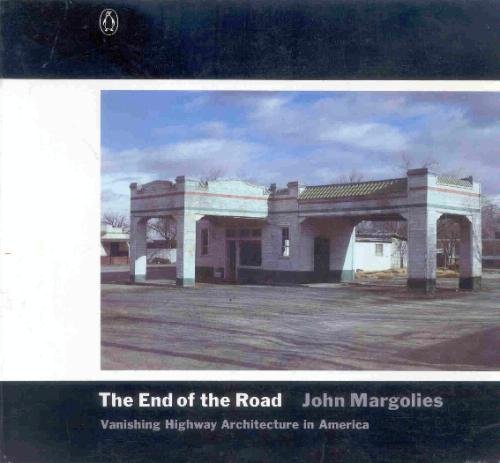Two actors died. Both played a role in paracinema.
The first is the Canadian actor Lawrence Dane (1937-2022) who is best-known for his part in Scanners (1981), the Cronenberg film forever famous for its exploding head scene.
The second is the Italian actor Gianni Cavina best-known for his parts in The House with Laughing Windows (1976) and Traffic Jam (1979).
Traffic Jam is reminiscent of the eight minute traffic jam scene in Weekend by Truffaut which is based on the infinitely more interesting short story “La autopista del sur” by Julio Cortázar.

